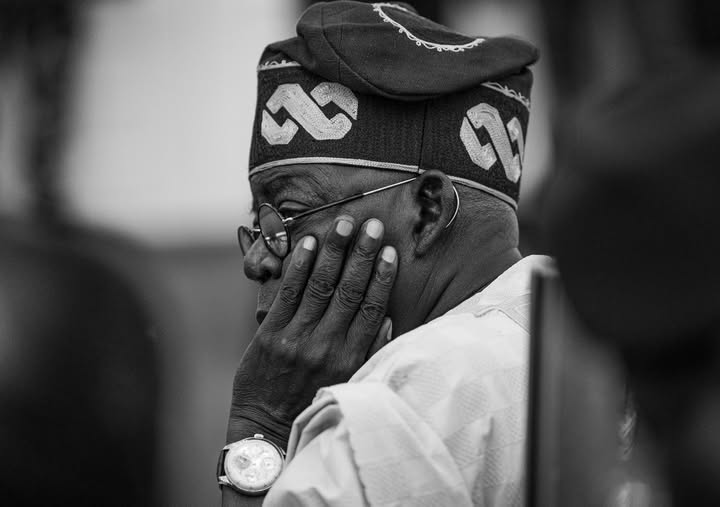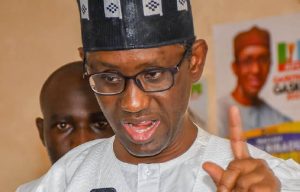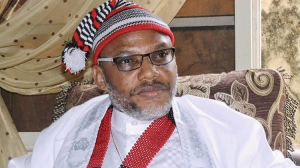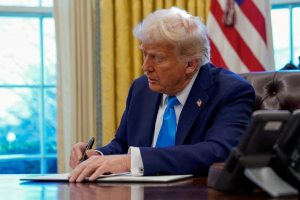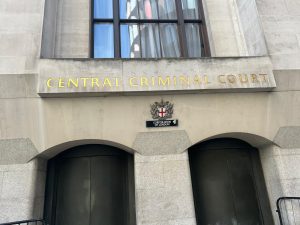Lagos, Nigeria – 13 August 2025 – Critics have accused President Bola Tinubu’s administration of exhibiting tribalism, nepotism, and Igbophobia in its approach to high-profile separatist and activism cases, highlighting stark differences in the treatment of Yoruba and Igbo figures facing terrorism-related charges.
The controversy centres on the government’s decisions regarding several prominent individuals accused of actions deemed threats to national security. President Tinubu, a Yoruba from south-western Nigeria, and his Attorney General, Lateef Fagbemi, also Yoruba, have been singled out for allegedly favouring Yoruba activists while pursuing prolonged prosecution against Nnamdi Kanu, the Igbo leader of the Indigenous People of Biafra (IPOB).
In February 2024, the Federal Government discontinued terrorism and treason charges against Omoyele Sowore, a Yoruba journalist and activist from Ondo State, who had been detained since 2019 for organising the #RevolutionNow protests. Sowore faced accusations of terrorism, cybercrime, and harassing the president, but the case was dropped under Tinubu’s watch, prompting praise from his supporters but criticism from others who saw it as selective justice. Ohanaeze Ndigbo, the apex Igbo socio-cultural organisation, publicly urged Tinubu to extend similar leniency to Kanu, arguing that the disparity fuelled perceptions of ethnic bias.
Similarly, Sunday Igboho, a Yoruba nation agitator from Oyo State, saw his legal troubles effectively resolved without aggressive prosecution under the current administration. Igboho, arrested in Benin Republic in 2021 on terrorism charges linked to his calls for Yoruba secession, was released in 2022 and returned to Nigeria in 2023. In February 2024, he himself called on Tinubu to drop charges against Kanu, noting that his own case had not been pursued further. Critics point out that while Igboho’s aides faced terrorism accusations in 2021, the main charges against him appear to have been quietly shelved.
The most recent case involves Fuji musician Wasiu Ayinde Marshall, popularly known as KWAM1, another Yoruba figure. Just days ago, on 8 August 2025, KWAM1 caused a disruption at a Nigerian airport by allegedly obstructing a flight and creating a hostage-like situation on the tarmac. The Nigerian Civil Aviation Authority (NCAA) initially described his actions as amounting to terrorism in many jurisdictions, imposing a six-month flight ban and threatening criminal charges. However, the Federal Government swiftly withdrew the criminal complaint, reduced the ban to one month, and appointed KWAM1 as an aviation security ambassador. The African Democratic Congress (ADC) condemned this as favouritism, insisting KWAM1 should be treated like any ordinary Nigerian and prosecuted for terrorism, rather than rewarded due to his ties to the ruling All Progressives Congress (APC).
In contrast, Nnamdi Kanu remains in solitary confinement at the Department of State Services (DSS) facility in Abuja, more than four years after his rendition from Kenya in June 2021. Kanu, facing terrorism charges for his advocacy of Biafran independence, has seen repeated calls for his release ignored by the Tinubu administration. As recently as this week, IPOB urged South-East leaders to stop “begging” for his pardon and demand immediate release, citing Kenyan and Nigerian court rulings that declared his detention illegal. Kanu’s family has lambasted Attorney General Fagbemi for justifying the continued prosecution, while groups like the United Igbo Elders Council (UNIEC) and Ohanaeze Ndigbo have appealed directly to Tinubu, emphasising that freeing Kanu could foster peace in the South-East.
These cases have amplified broader allegations of nepotism within Tinubu’s government. Human Rights Writers Association of Nigeria (HURIWA) has condemned the extension of tenures for Yoruba-dominated key appointments, labelling it as ethnic favouritism. Social media and political commentators have decried what they term “tribal politics taken to another level,” with one viral post accusing Tinubu of blatant sectionalism. Analysts argue that while economic challenges may stem from inherited issues, perceptions of ethnic bias in security and justice matters are eroding national unity.
The presidency has not issued an official response to these specific allegations, but past statements from Tinubu’s aides have dismissed claims of nepotism as politically motivated. Supporters maintain that decisions are based on legal merits, not ethnicity, pointing to the administration’s efforts to address insecurity across regions.
As Nigeria grapples with separatist tensions, observers warn that unequal application of the law could deepen ethnic divisions. Calls for Kanu’s release continue to grow, with some suggesting it as a step towards reconciliation in the fractious South-East.

